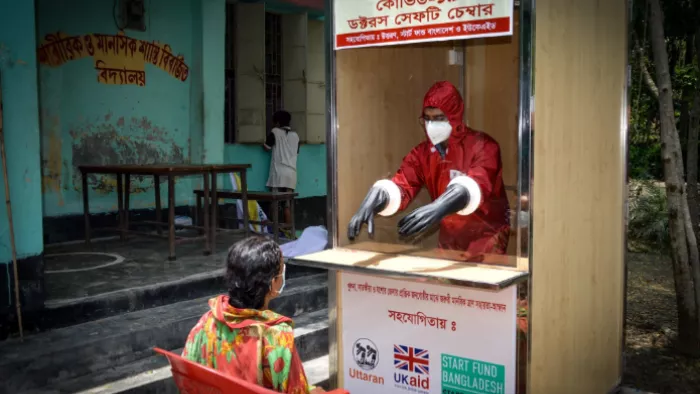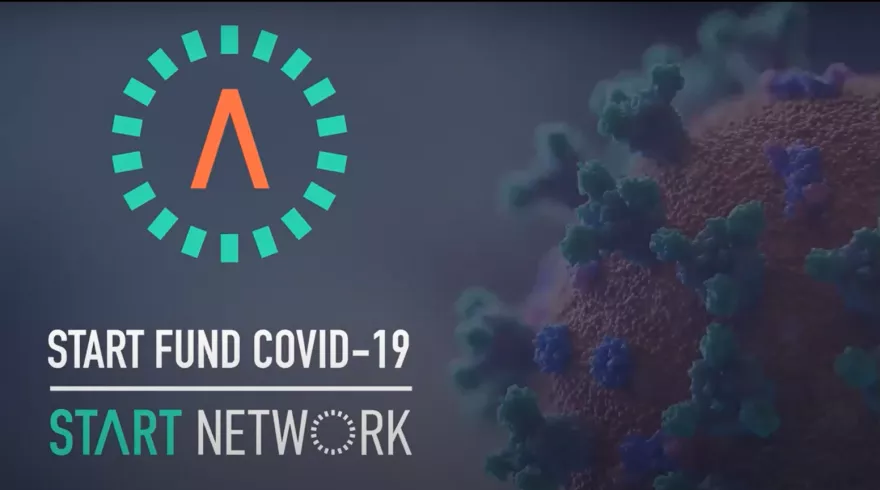
START FUND COVID-19
Start Fund COVID-19 enables Start Network members to anticipate and respond to critical virus-related humanitarian needs in low-income countries.
About Start Fund COVID-19
Start Fund COVID-19 launched in April 2020, when the need for humanitarian support beyond the Start Fund’s remit was raised by our members. This mechanism provides rapid funding to address neglected or underfunded aspects of the broader COVID-19 crisis at a local level.
Following an initial call for alerts, in response to which 85 alerts from 69 countries were submitted, a prioritisation exercise delimited the number of countries eligible to access funding in subsequent calls. One of the sources that helped to prioritise these countries (among other criteria) is the INFORM index.
Start Fund COVID-19 has now funded 59 projects in 31 countries, allocating over £7 million.
Our Donors
Start Fund COVID-19 is supported by the IKEA Foundation, UK Aid, Jersey Overseas Aid, the German Federal Foreign Office and private donors.
Learning from Start Fund COVID-19
Resources and analysis by Start Network's members and partners
NB: For Start Fund COVID-19, anticipation and response have been combined so that there is only one alert template.

